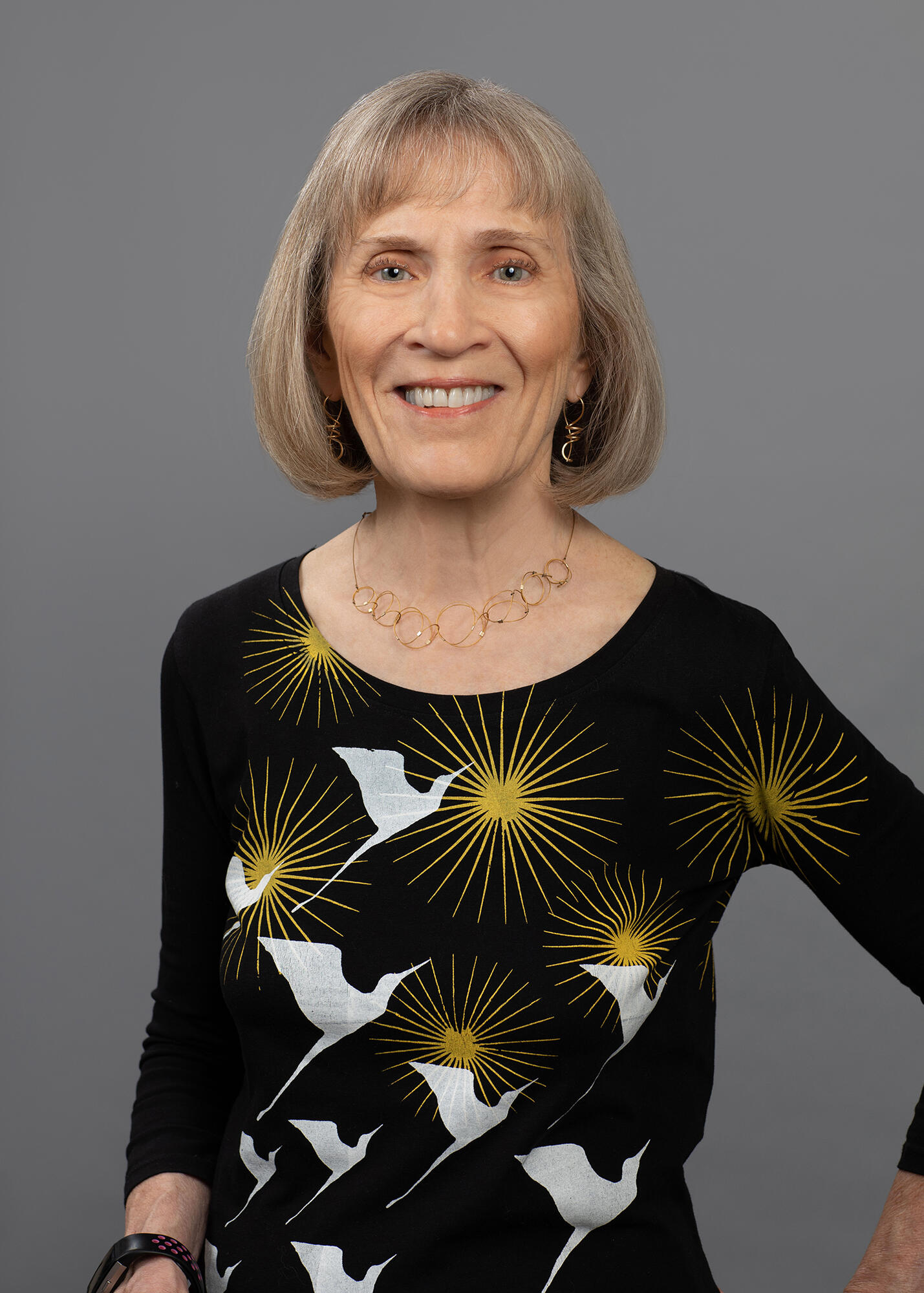
THE NOBEL Prize in Economics was awarded yesterday (9) to a Harvard professor who discovered that raising children is the greatest barrier to women’s earning potential.
The Royal Swedish Academy of Sciences presented Prof Claudia Goldin with the coveted medal in honour of her work “advanced our understanding of women’s labour market outcomes”.
She is the third woman to receive the esteemed honour, officially known as the Sveriges Riksbank prize in economic sciences in honour of Alfred Nobel.
Her research over the past four decades has concentrated on how women’s roles in the workforce have evolved over time and how it has affected their earning potential.
She has examined 200 years of women’s engagement in the workforce and found that, despite sustained economic expansion and women having greater levels of education than males, an income disparity remains between men and women.
After the Industrial Revolution, fewer women worked outside the house, but throughout the 20th century, as education improved and novel innovations like the contraceptive pill gave women more control over family planning, more women started moving into paid employment.
Jakob Svensson, chairman of the Committee for the Prize in Economic Sciences, said: “Understanding women’s role in the labour market is important for society. Thanks to Claudia Goldin’s groundbreaking research, we now know much more about the underlying factors and which barriers may need to be addressed in the future.”
In Goldin’s analysis, a woman’s role in the job market and the pay she receives are not influenced just by broad social and economic changes.
They also are determined partly by her individual decisions about, for example, how much education to get.
She has taken aim at the idea that sexist managers are responsible for much of the gender pay gap, instead finding it is largely caused by decisions made after having children.
The Royal Swedish Academy of Sciences said: “By trawling through the archives and compiling and correcting historical data, Goldin has been able to present new and often surprising facts.
“She has also given us a deeper understanding of the factors that affect women’s opportunities in the labour market and how much their work has been in demand.
“The fact that women’s choices have often been, and remain, limited by marriage and responsibility for the home and family is at the heart of her analyses and explanatory models.”
The Nobel Prize for economics has been awarded annually since 1969 and there have been 93 recipients.
The prize includes a payment of 11 million Swedish krona (£820,000). Winners also receive an 18-carat gold medal and diploma.